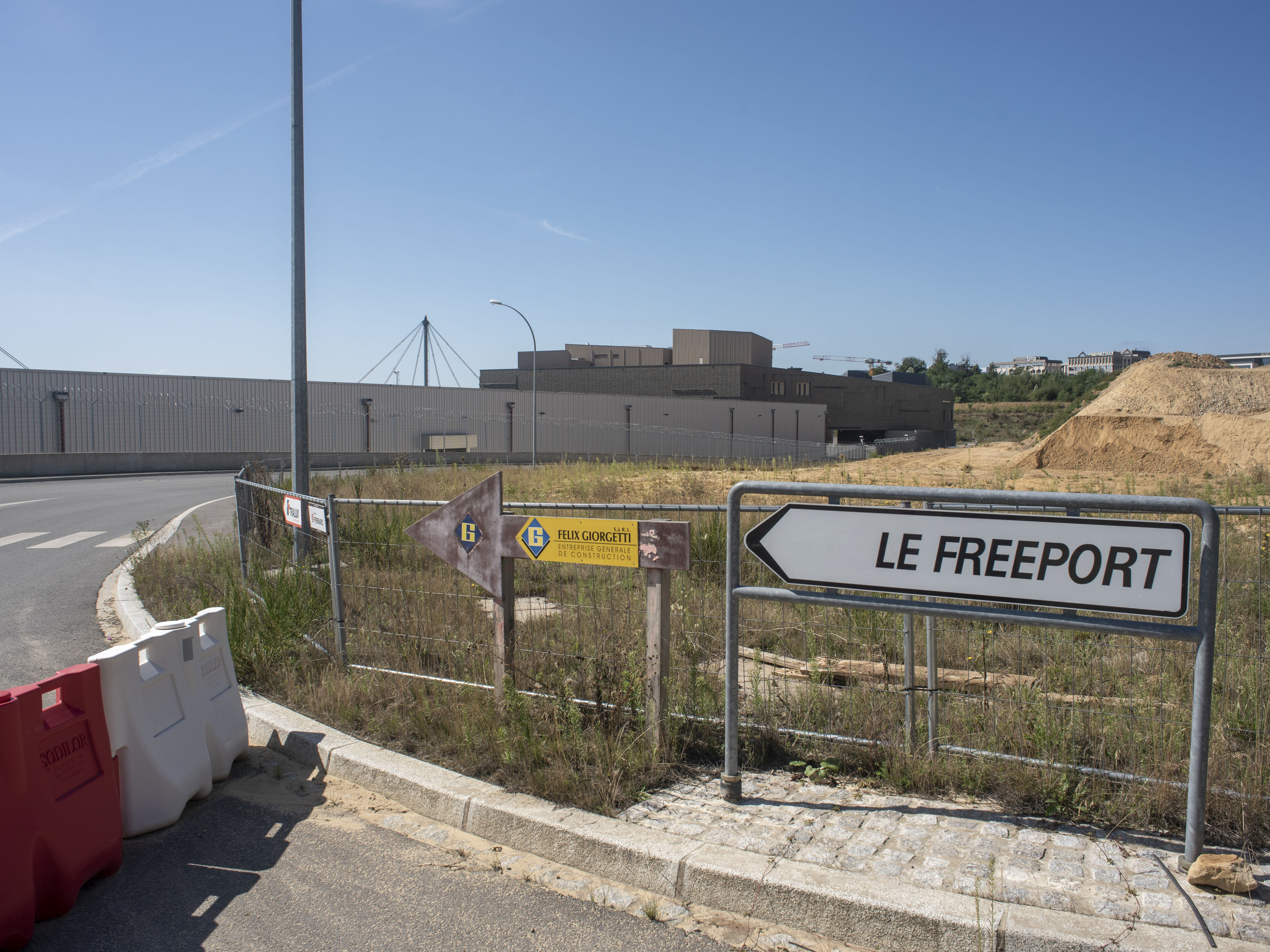
Visit Our Sponsors |
|
|
|
|
|
|
|
|
|
|
|
|
|
|
|
|
|
|
|
|
|
|
|
|
|
|
|
|
|
|
|
|
|
|
|
|
|
|
|
|
|
|
|
|
|
|
|
|
|
|
|
|
|
|
|
|

U.K. Chancellor Rishi Sunak unveiled a roster of eight English freeports, low-tariff business zones being created to stimulate trade and investment in the wake of Brexit and the coronavirus crisis.
The winning bids came from ports scattered across England, including the Thames river estuary near London. At least one will be named later in each of Scotland, Wales and Northern Ireland, Sunak said Wednesday in a budget speech.
Freeports, common in many parts of the world, disappeared in Britain almost a decade ago. The special economic zones have different rules “to make it easier and cheaper to do business,” Sunak said. He told parliament they’ll help deliver a future of “innovative, fast-growing businesses hiring local people into decent, well-paid, green jobs.”
The districts include the ports of Felixstowe and Harwich in southeast England, locations in the Humber and Teesside regions in the northeast, Liverpool in the northwest, Plymouth and the Solent in the south, and East Midlands Airport, Sunak said. Some include industrial facilities such as steel plants, while the Thames site features a Ford Motor Co. engine plant.
As many as 40 docks and airports are believed to have applied for freeport status after Sunak announced the policy as part of plans to bolster business following Britain’s split from the European Union. Prime Minister Boris Johnson’s government is betting that the hubs will attract innovation and investment, encouraged by reduced customs and tax burdens. Other perks include streamlined planning rules and access to infrastructure funding.
The Teesside freeport alone, Sunak said, could see old industrial sites being used for carbon capture, with coronavirus vaccines being manufactured and offshore wind turbines creating clean energy. Tees Valley Mayor Ben Houchen said separately that the freeport will be the biggest in the U.K., covering 4,500 acres, and should create 18,000 jobs over five years.
Teesside’s carbon-capture, utilization and storage project aims to decarbonize a cluster of carbon-intensive businesses by as early as 2030, eliminating CO2 emissions equivalent to the annual energy use of over 3 million U.K. homes. The Humber industrial cluster also has a major green-energy component, being focused on carbon capture, hydrogen technology and offshore wind to create 3,000 jobs, the government said.
A freeport in Humber “will make business cheaper and easier,” said Will Gardiner, chief executive officer of Drax Group Plc, a biomass company that’s testing carbon capture and storage technology in the area. Besides creating jobs, the green-technology and decarbonization initiatives will help “deliver clean growth.”
Each freeport must contain at least one port of any mode and can house up to three taxation sites with a maximum combined area of 600 hectares (1,480 acres), plus a designated primary customs site and a number of satellites. No location can be more than 45 kilometers (28 miles) apart.
No Tariffs
One advantage of freeports is that companies operating there are able to import components without tariffs, complete the manufacturing process and then export finished products or sell them in the U.K. The initiative will “reinforce our position as an outward-looking, trading nation, open to the world,” Sunak said.
Still, a study published Tuesday from the UK in a Changing Europe think tank said freeports provide no “magic bullet” for economic transformation and are instead likely just to relocate activity and jobs from elsewhere in the country at the cost of financial incentives and infrastructure spending.
Rather than bringing back freeports, opposition Labour Party Leader Keir Starmer said Sunak should have focused on making the recent Brexit deal work, eliminating red tape for manufacturers, small businesses and fishing communities, “and for our artists and performers, who just want to be able to tour” — a reference to limits on how often a U.K. truck can stop in Europe.
The U.K. has experimented with freeports before, with around half a dozen established when Margaret Thatcher was prime minister in the 1980s. The legislation that established them was allowed to lapse in 2012, when another Conservative, David Cameron, was premier.
Forth Ports Ltd. CEO Charles Hammond said before Sunak’s announcement that freeports might work better this time around in regenerating particular areas in line with the government’s policy of “leveling up” between regions. The company owns the Port of Tilbury in London, which was successful in its freeport bid.
England’s eight freeports and the ports and airports located there:
RELATED CONTENT
RELATED VIDEOS
Timely, incisive articles delivered directly to your inbox.







